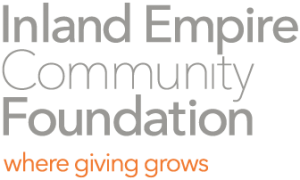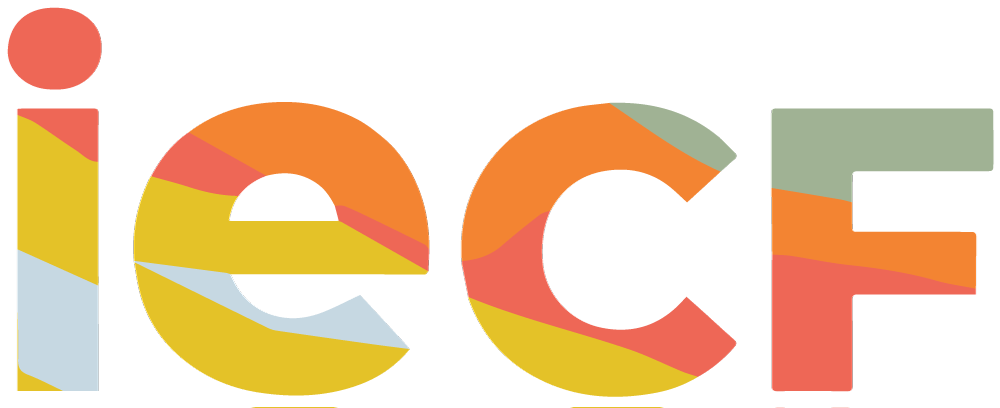 Joyce Montgomery spent a full and rewarding career in nursing and healthcare management. When she retired, she knew she wanted to continue making a difference in the lives of young people, especially those interested in healthcare careers serving low-income and diverse populations and medically underserved communities.
Joyce Montgomery spent a full and rewarding career in nursing and healthcare management. When she retired, she knew she wanted to continue making a difference in the lives of young people, especially those interested in healthcare careers serving low-income and diverse populations and medically underserved communities.
After receiving an inheritance, Joyce began looking for ways to support her philanthropy.
In talking with her sister Paula Kennedy, who had been the Charitable Giving Officer for the Coachella Valley for IECF, she learned about the different charitable giving tools available to her. In 2019, she decided to establish the Joyce A. Montgomery Donor Advised Fund (DAF) at IECF. She also decided to create a Charitable Gift Annuity (CGA).
The CGA offered her a number of benefits. She would receive a fixed income for life, gain a charitable tax deduction for the gift, and create a legacy to support her favorite cause or nonprofit through IECF.
Like many retirees, Joyce was concerned about outliving her retirement funds. She saw the CGA as a way to benefit the charities she cared about while also augmenting her retirement income. Joyce felt at ease knowing that her lifetime income payments are guaranteed by IECF; she gained peace of mind without having to worry about the fluctuation in the stock market.
We caught up with Joyce recently and learned that she’s very pleased with her decision to create a CGA. She chose to receive monthly payments, which have arrived as scheduled. “It’s been a very transparent relationship,” she says. “I receive a timely direct deposit, an annual report, and there’s no involvement necessary from me.”
Most importantly, she knows that when she passes, the remainder of her CGA will be directed to IECF to support her DAF and the Charles R. Drew University of Medicine & Science, whose mission is to educate diverse health professionals dedicated to social justice and health equity for underserved populations. Joyce’s philanthropic goal is realized every time she attends a graduation ceremony at the university. She says she looks around the room and knows, “I’ve been a part of something important.”
Joyce tells us, “The CGA meets all of my needs. Yes, I receive the tax deduction and regular payments, but beyond all that, I’m able to use my money to help a cause that’s dear to my heart. It’s very rewarding. All of my expectations are being fulfilled, and honestly, the benefit has been mine more than anyone else’s.”
Is a CGA right for you? Let’s review the benefits:
- Fixed payments for life at favorable rates for you, your spouse or partner
- A charitable income tax deduction which may lower your income or capital gains taxes
- Income received may be partially tax-free
- Capital gains tax benefits if you transfer stocks, bonds or other appreciated assets
Establishing a CGA is easy. You can fund it with cash, appreciated assets such as stocks, bonds or real estate. You can also exchange low-performing stocks or CDs to fund a CGA.
Our Charitable Giving Team is happy to provide you with an illustration showing the benefits of a CGA. For more information on this or other charitable giving tools, please contact us at giving@iegives.org.



